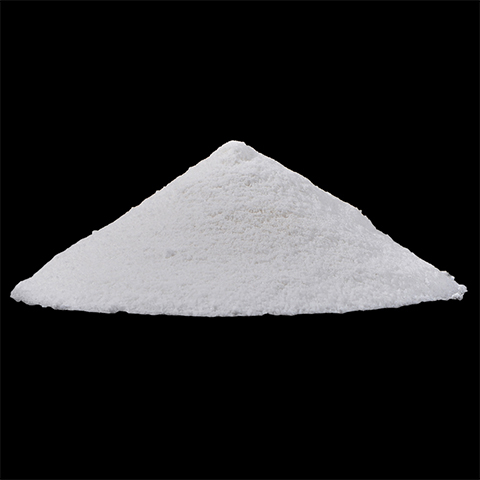Industrial-grade
Sodium Hexametaphosphate is a substance widely used in fine phosphorus chemical products, crystallizing white powder, or colorless transparent glass-like or block-shaped solids. It is well dissolved in water, but insoluble in organic solvents. Its aqueous solution is alkaline and has strong hygroscopicity. It will gradually absorb water and form adhesive substances in the air. Sodium hexametaphosphate can generate soluble complexes with metal ions such as calcium and magnesium, so the application scope of the industry is very wide.
Sodium hexametaphosphate is very widely used. Not only is it used in drinks, but also exists in many foods. Food-grade Sodium Hexametaphosphat is a common food additive. However, it must be emphasized that adding Sodium Hexametaphosphate to drinks and foods must strictly follow the standards of food grade, and manufacturers that produce food-grade Sodium Hexametaphosphate must also have relevant qualifications.
The industrial-grade Sodium Hexametaphosphate in the detergent belongs to ordinary chemical raw materials and is mainly used for laundry. As long as it is used reasonably and scientifically, normal human contact is harmless.
The industrial-grade SODIUM Hexametaphosphat produced by the GOWAY chemical industry is produced with authentic authentic phosphoric acid, with less impurities and stable quality. It is widely used in additives in important areas such as water treatment, detergent aids, mineral selection industries, fl local, refractory materials, and ceramics.
FAQ: Industrial Sodium Hexametaphosphate
What distinguishes industrial-grade Sodium Hexametaphosphate from food-grade?
- Industrial-grade Sodium Hexametaphosphate is intended for non-edible applications and must not be used in food production, whereas food-grade Sodium Hexametaphosphate is suitable for use as a food additive.
How is Sodium Hexametaphosphate typically used in the detergent industry?
- It is utilized as a detergent aid to soften water and remove stains, enhancing the cleaning power of the detergent.
What are the main safety considerations for handling industrial-grade Sodium Hexametaphosphate?
- It should be handled with proper safety gear, avoiding inhalation and contact with skin and eyes, and stored in accordance with safety regulations.
How does SHMP function in water treatment?
- It acts as a sequestrant, preventing scale formation and aiding in the precipitation of impurities, thus optimizing water quality.
Can industrial-grade Sodium Hexametaphosphate be used in agriculture?
- While it has applications in various industries, its use in agriculture is not common and should be researched thoroughly or avoided without proper guidelines.
What are the environmental impacts of using Sodium Hexametaphosphate in industrial processes?
- When used correctly and managed according to environmental regulations, its impact can be minimized. However, care should be taken to prevent ecological harm.
Is GOWAY chemical industry’s SHMP suitable for all industrial applications?
- GOWAY’s product is known for low impurities and stable quality, making it suitable for a wide range of uses, including water treatment, detergents, and various industrial additives.
How does Sodium Hexametaphosphate benefit the ceramics and refractory materials industries?
- It functions as a binder, improving the sintering process and enhancing the durability and quality of the end products.
Are there specific regulations governing the use of Sodium Hexametaphosphate in industrial processes?
- Yes, it is crucial to comply with the relevant industry-specific standards and regulations to ensure safe and effective use.
What are the precautions for handling and storage of industrial-grade Sodium Hexametaphosphate?
- It should be stored in a cool, dry place, away from organic solvents and incompatible materials, following proper防潮 guidelines. Handlers should use appropriate protective equipment to prevent exposure.

